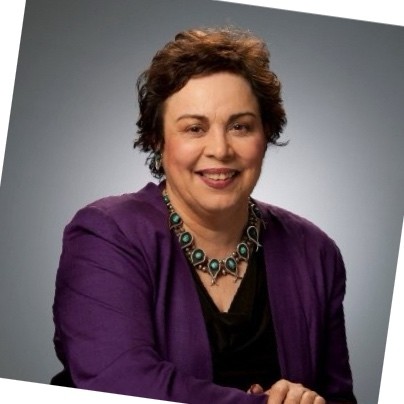Trends in early childhood education Emerging teaching methods and developmental strategies for young learners. Preschools are shifting away from rigid lesson plans, focusing instead on hands-on activities. Research supports that children develop problem-solving skills and creativity more effectively through guided play.
Tech-Free Classrooms Are Making a Comeback
Many early education centers are reducing screen time in favor of sensory play, nature-based activities, and social interaction. This approach aims to strengthen attention spans and emotional intelligence.

Social-Emotional Learning Is a Priority
More preschools are integrating emotional development into daily lessons. Teaching children to manage feelings, cooperate with peers, and build resilience is becoming just as important as traditional academics.
Outdoor Learning Is Expanding
Forest schools and nature-based programs are growing in popularity. Educators believe exposure to outdoor environments improves focus, motor skills, and overall well-being in young children.
Multilingual Exposure Is Starting Earlier
Bilingual and even trilingual programs are being introduced in preschool settings. Studies show that early exposure to multiple languages enhances cognitive abilities and communication skills later in life.
Personalized Learning Is Reshaping Classrooms
Small-group instruction and tailored lesson plans are being used to match each child’s developmental pace. This individualized approach helps address learning differences early on.
Parent Involvement Is Becoming Essential
Preschools are encouraging more collaboration between teachers and families. Regular progress updates, workshops, and take-home activities ensure that learning extends beyond the classroom.

Hands-On STEM Learning Is Starting Younger
Basic science, technology, engineering, and math concepts are being introduced in creative ways. Simple coding exercises, building projects, and interactive experiments are helping young learners develop problem-solving skills early.
These evolving trends are shaping how young children experience their first years of structured learning, setting the foundation for lifelong academic and social success.

I have 20 years of experience in higher education leadership. I held prominent academic positions at various institutions, concentrating on key areas such as student learning, faculty development, curriculum design, and institutional accreditation. As the Team Chair for eleven accreditation evaluations with the Middle States Commission on Higher Education, I have successfully directed thorough assessments that uphold academic standards and regulatory requirements. Furthermore, I have provided consulting services to major international institutions, offering guidance on accreditation processes, strategic planning, and governance frameworks. Her extensive knowledge in assessment, budget management, and collective bargaining and her commitment to academic excellence and institutional effectiveness make her a passionate champion for shared governance in higher education.
